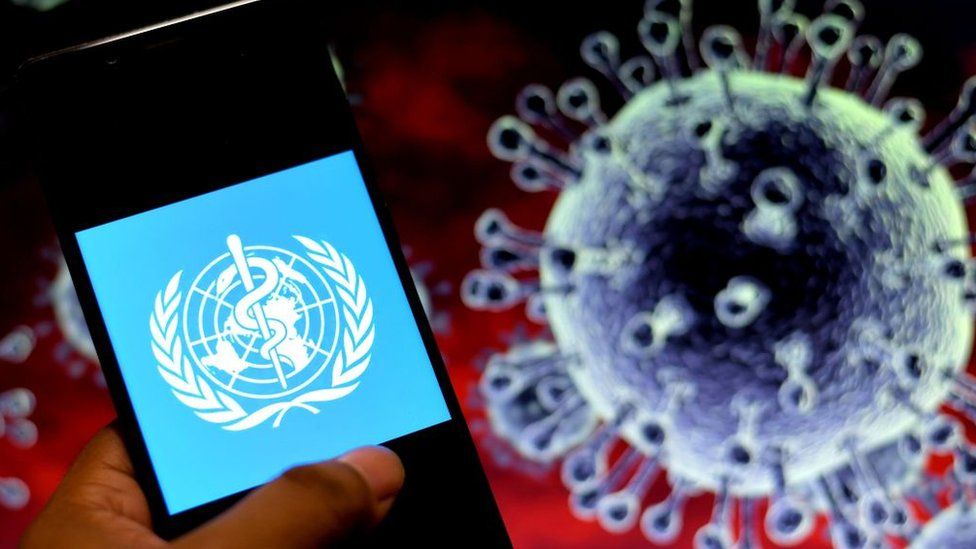WHO declares an end to global health emergency for mpox:
The World Health Organization (WHO) announced on May 11 that the global health emergency for mpox, a viral disease formerly known as monkeypox, has ended after 10 months. This came after confirmed cases in over 100 countries since the disease started spreading globally in May 2022. The emergency committee of the WHO made the recommendation to end the health emergency, and WHO director-general Tedros Adhanom Ghebreyesus announced the decision during a press conference.
Buy Prime Test Series for all Banking, SSC, Insurance & other exams
Background on mpox:

Mpox is a viral disease that spreads through direct contact with body fluids and was first observed in humans in the Democratic Republic of the Congo in 1970. Since then, the disease has mainly been limited to West and Central African countries. However, last May, the disease started to spread globally, prompting the WHO to declare it a public health emergency of international concern (PHEIC). According to the WHO, over 87,000 cases and 140 deaths have been reported from 111 countries during the outbreak. Symptoms of mpox include fever, muscular aches, and large boil-like skin lesions.
The continuing threat of mpox and COVID-19:
Although the WHO has declared an end to the global health emergency for mpox, Tedros emphasized that the threat of resurgent waves of the disease remains. This is similar to COVID-19, which the WHO declared was no longer a global health emergency last week. Both viruses continue to circulate and kill people. The WHO chief also noted that mpox remains a threat, especially in areas of Africa where the disease has been endemic for a long time.
Steady progress in controlling the outbreak:
During the press conference, Tedros highlighted that almost 90% fewer mpox cases were recorded in the last three months compared to the previous three-month period. This is a sign of steady progress in controlling the outbreak, which is based on lessons from HIV and working closely with the most affected communities, according to Tedros.
Stigma related to mpox:
The WHO chief also addressed the stigma related to mpox, which disproportionately affected men who have sex with men. He noted that although stigma was a concern in managing the epidemic and continues to hamper access to care for mpox, the feared backlash against the most affected communities has largely not materialized.
Find More Ranks and Reports Here




 List of Dadasaheb Phalke Award Winners f...
List of Dadasaheb Phalke Award Winners f...
 Which Dance Form is known as the Ballad ...
Which Dance Form is known as the Ballad ...
 Arunachal Pradesh Foundation Day 2026: P...
Arunachal Pradesh Foundation Day 2026: P...








